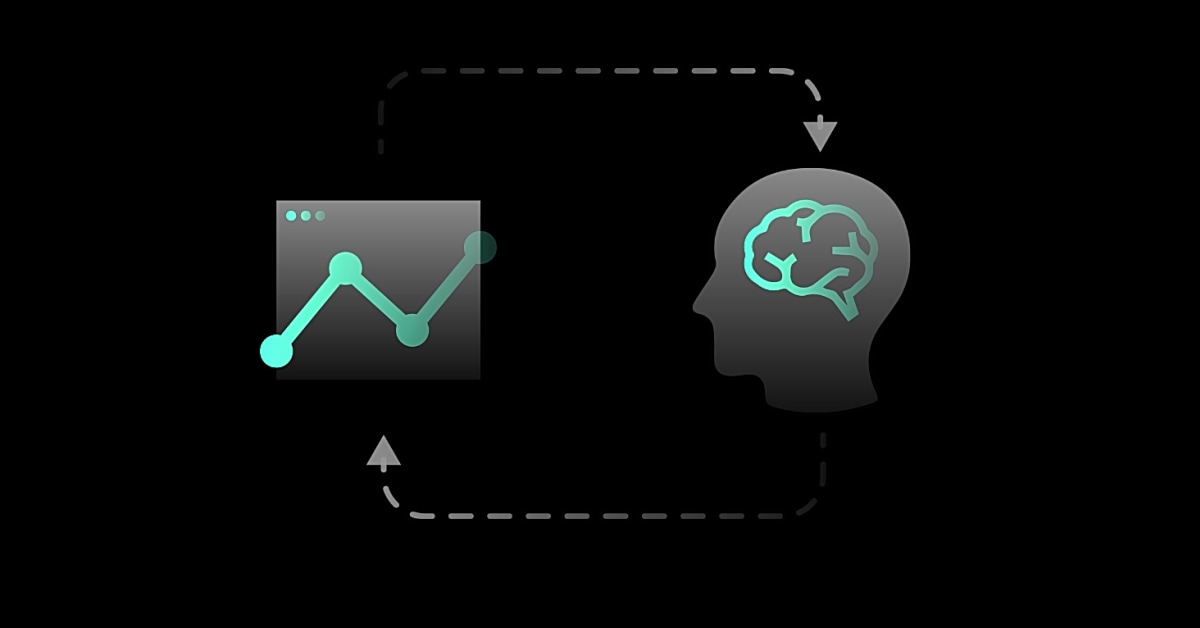In today’s fast-paced business world, making informed decisions is crucial for any successful Chief Operating Officer (COO). With the ever-increasing amount of data available, analyzing it effectively has become a vital skill for COOs to possess. In this guide, we will explore the importance of data analysis in strategic thinking and leadership, specifically for COOs. By understanding how to analyze data, COOs can make well-informed decisions that can drive their company towards success. So, let’s dive into the world of data analysis and discover how it can enhance your leadership skills as a COO.
To begin with, let’s define what data analysis is. Data analysis is the process of collecting, organizing, and interpreting data to identify patterns and trends. As a COO, you are constantly bombarded with data from various sources such as financial reports, market trends, and operational metrics. To effectively analyze this data, you need to have a clear understanding of the main keywords: strategic planning, operations management, organizational development, team management, and budgeting skills. These skills are essential for making informed decisions and developing effective strategies that drive the growth and profitability of your organization.
As a COO, strategic planning is a crucial aspect of your role. It involves setting goals, creating plans, and making decisions that align with the overall vision and mission of the company. To do this successfully, you need to analyze data to understand market trends, customer behavior, and industry developments. By using data analysis techniques, you can identify opportunities for growth and create strategies that give your company a competitive edge.
Operations management is another key area where data analysis plays a critical role. As a COO, you oversee the day-to-day operations of your organization. This includes managing resources, optimizing processes, and ensuring efficiency. With data analysis, you can identify areas for improvement and make data-driven decisions to streamline operations and increase productivity.
Organizational development is also a crucial aspect of being a COO. This involves developing and implementing strategies to improve the overall functioning of your organization. Data analysis can help you identify areas where your company may be falling short and make data-driven decisions to address those issues. It also allows you to track the impact of your strategies and make necessary adjustments for continuous improvement.
Team management is another vital skill for COOs. As a leader, you are responsible for managing and developing your team to ensure they are motivated, engaged, and working towards the company’s goals. Data analysis can help you identify strengths and weaknesses within your team, allowing you to make informed decisions on training and development opportunities. It also helps you track the performance of your team and make data-driven decisions on areas for improvement.
Budgeting skills are essential for COOs as they are responsible for managing the company’s finances and ensuring profitability. Data analysis can help you track financial metrics and identify areas where costs can be reduced or revenue can be increased. This allows you to make informed decisions on budget allocations and develop strategies to improve the financial health of your organization.
In conclusion, data analysis is a crucial skill for COOs as it allows them to make informed decisions and develop effective strategies that drive the growth and profitability of their organization. By understanding the main keywords of strategic planning, operations management, organizational development, team management, and budgeting skills, COOs can effectively analyze data and use it to their advantage. So if you want to be a successful COO, make sure to hone your data analysis skills and use them to guide your decision-making process.
Data Analysis in Strategic Planning
Strategic planning is a crucial aspect of your role as a COO. It involves setting long-term goals and developing strategies to achieve them. Data analysis can help you identify potential risks and opportunities in your strategic plans. By analyzing market trends and consumer behavior, you can make well-informed decisions that align with the company’s goals.
Team Management and Data Analysis
As a COO, you are responsible for managing a team of employees. By analyzing data on employee performance, satisfaction, and turnover rates, you can gain insights into how to effectively manage your team.
Data analysis can help you identify top performers, potential areas for improvement, and potential issues that may affect team dynamics.
Data Analysis and Organizational Development
Organizational development focuses on improving the company’s culture, structure, and processes to achieve its goals. Data analysis can help you identify areas where the organization is lacking, such as employee engagement and performance. By analyzing employee feedback and performance data, you can make informed decisions to foster a positive and productive work environment.
The Role of Data Analysis in Operations Management
Operations management is all about overseeing the day-to-day activities of a company to ensure smooth operations. Data analysis plays a vital role in this aspect as it helps you identify inefficiencies, bottlenecks, and areas for improvement. By analyzing operational data, you can make data-driven decisions that optimize processes and improve overall efficiency.
The Importance of Data Analysis in Budgeting
Budgeting is a crucial aspect of your role as a COO. By analyzing financial data, market trends, and operational metrics, you can make informed decisions when creating budgets. Data analysis can help you identify potential cost-saving opportunities and make strategic budget allocations that align with the company’s goals.
In conclusion, data analysis is an essential skill for any COO. It allows you to make well-informed decisions that drive the company towards success. By understanding the main keywords and utilizing data analysis techniques, you can effectively lead your company towards growth and profitability.
